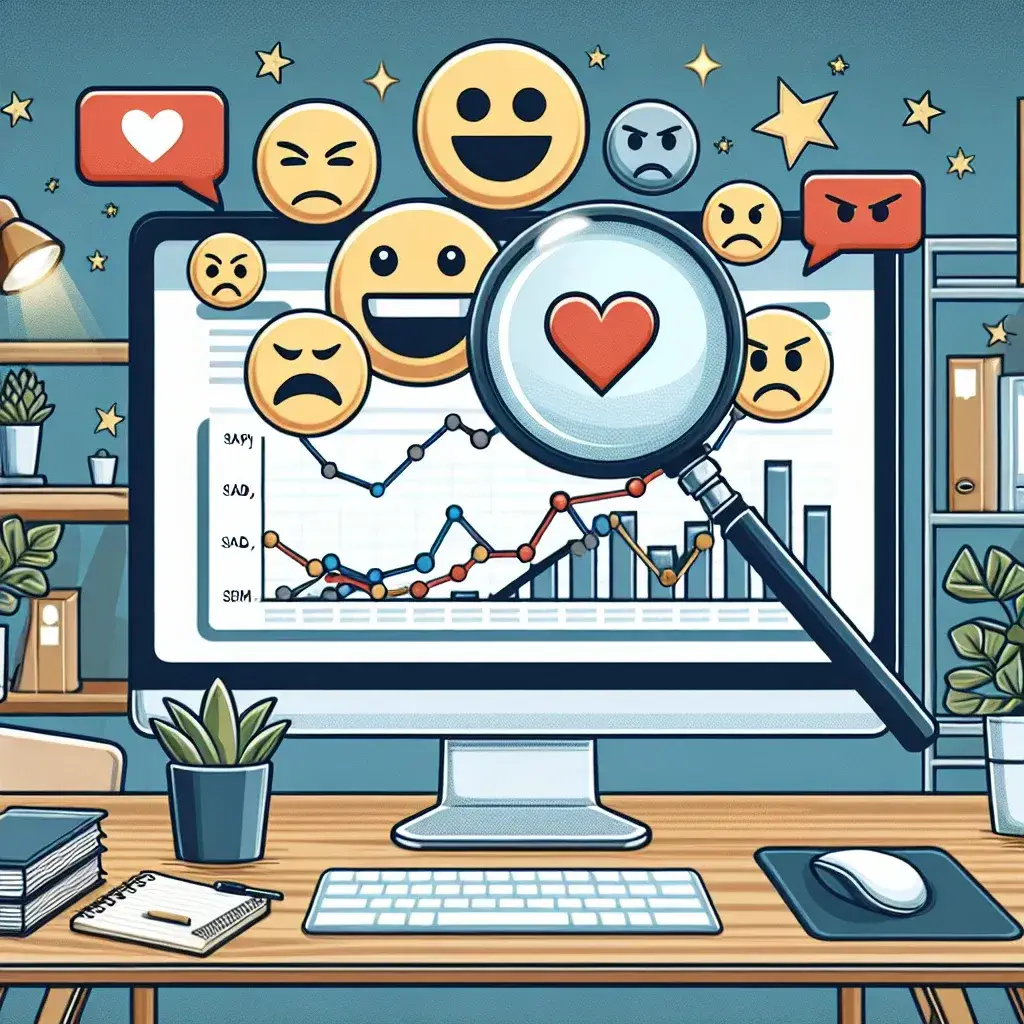Top 10 Software Every Freelancer Needs
The freelance life offers incredible flexibility and independence, but it also requires efficient management of time, tasks, and client communication. The right software can be the difference between a smoothly run business and one constantly battling chaos. This article highlights ten essential software applications that every freelancer needs to thrive in today’s competitive market.
1. Project Management: Asana or Trello
Staying organized is paramount for freelancers. Asana and Trello are two popular project management tools that offer different approaches to organization. Asana excels with its task management capabilities, allowing for detailed task breakdowns, deadlines, and team collaboration (even if your team is just you!). Trello, on the other hand, uses a Kanban-style board, ideal for visualizing workflow and progress. Choose the one that best suits your working style.
2. Communication & Collaboration: Slack or Microsoft Teams
Clear and efficient communication is crucial for maintaining positive client relationships. Slack and Microsoft Teams are powerful communication platforms allowing for instant messaging, file sharing, and video conferencing. They facilitate seamless collaboration, reducing the chances of miscommunication and project delays. Integrating these tools into your workflow streamlines client interaction and team projects.
3. Invoicing & Time Tracking: FreshBooks or Zoho Invoice
Accurate time tracking and timely invoicing are vital for financial stability. FreshBooks and Zoho Invoice are user-friendly invoicing and time tracking software solutions. They automate the invoicing process, track billable hours, and provide valuable financial reports. This allows you to focus more on your work and less on administrative tasks, ensuring you get paid promptly and efficiently.
4. Document Collaboration: Google Workspace (Docs, Sheets, Slides)
The Google Workspace suite is a freelancer’s best friend. Google Docs, Sheets, and Slides provide real-time collaboration features, allowing you to work on documents, spreadsheets, and presentations simultaneously with clients or collaborators. This fosters a sense of shared understanding and reduces the need for lengthy email exchanges.
5. File Storage & Sharing: Dropbox or Google Drive
Reliable cloud storage is a necessity for freelancers. Dropbox and Google Drive offer secure storage for all your important files, accessible from any device. They simplify file sharing with clients and collaborators, eliminating the hassle of email attachments and ensuring everyone has access to the latest versions.
6. Graphic Design: Canva or Adobe Creative Cloud
Even if you’re not a graphic designer, basic design skills are invaluable for creating professional marketing materials and client presentations. Canva offers a user-friendly interface for creating visually appealing designs, while Adobe Creative Cloud provides a comprehensive suite of professional-grade design tools. Choose the option that aligns with your design skills and project needs.
7. Video Conferencing: Zoom or Google Meet
In the age of remote work, video conferencing is essential for client meetings and team collaborations. Zoom and Google Meet are reliable platforms offering high-quality video and audio, allowing for seamless interactions, regardless of geographical location. These tools are key components of maintaining effective client relationships and collaborative projects.
8. Cybersecurity: Password Manager (LastPass or 1Password)
Protecting your sensitive data is crucial. Using a password manager like LastPass or 1Password is a vital step in enhancing your online security. They generate strong, unique passwords for each of your accounts, making it significantly harder for hackers to gain access to your information.
9. Writing & Editing: Grammarly
Producing high-quality content is crucial for a successful freelance career. Grammarly is an invaluable tool for identifying and correcting grammatical errors and improving writing clarity. It helps ensure that your communications, proposals, and other written materials are error-free and reflect your professionalism.
10. Accounting Software: QuickBooks Self-Employed or Xero
Managing your finances efficiently is crucial for long-term freelance success. QuickBooks Self-Employed and Xero offer dedicated accounting software for freelancers and small businesses, simplifying tax preparation, expense tracking, and financial reporting. This helps you stay organized, save time, and prepare for tax season with confidence. Learn more about freelance success strategies.
Conclusion: Investing in the right software is an investment in your freelance business. By utilizing these ten tools, you can streamline your workflow, enhance your productivity, and ultimately achieve greater success in your freelance career. Remember to choose the tools that best fit your needs and budget, and don’t be afraid to experiment to find the perfect combination for you.




